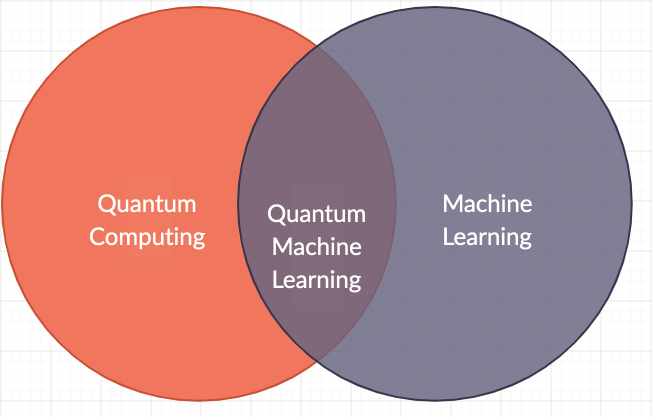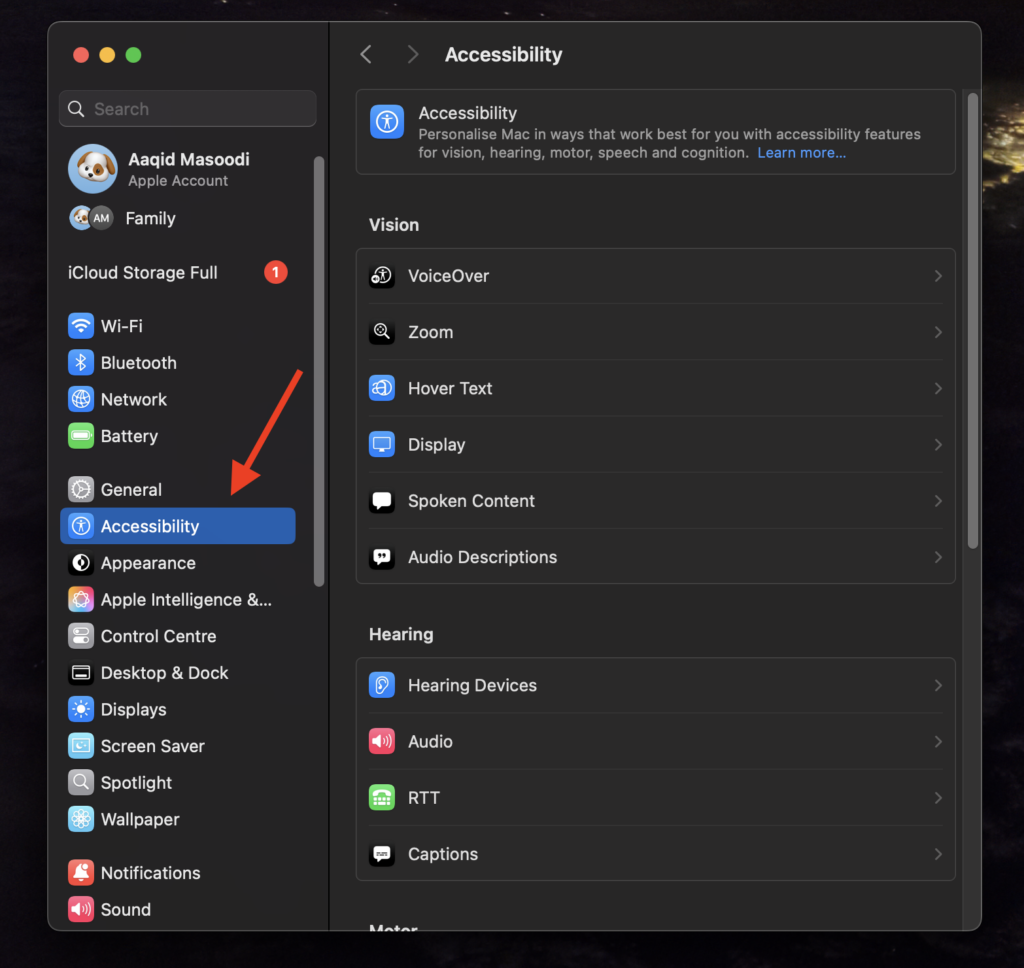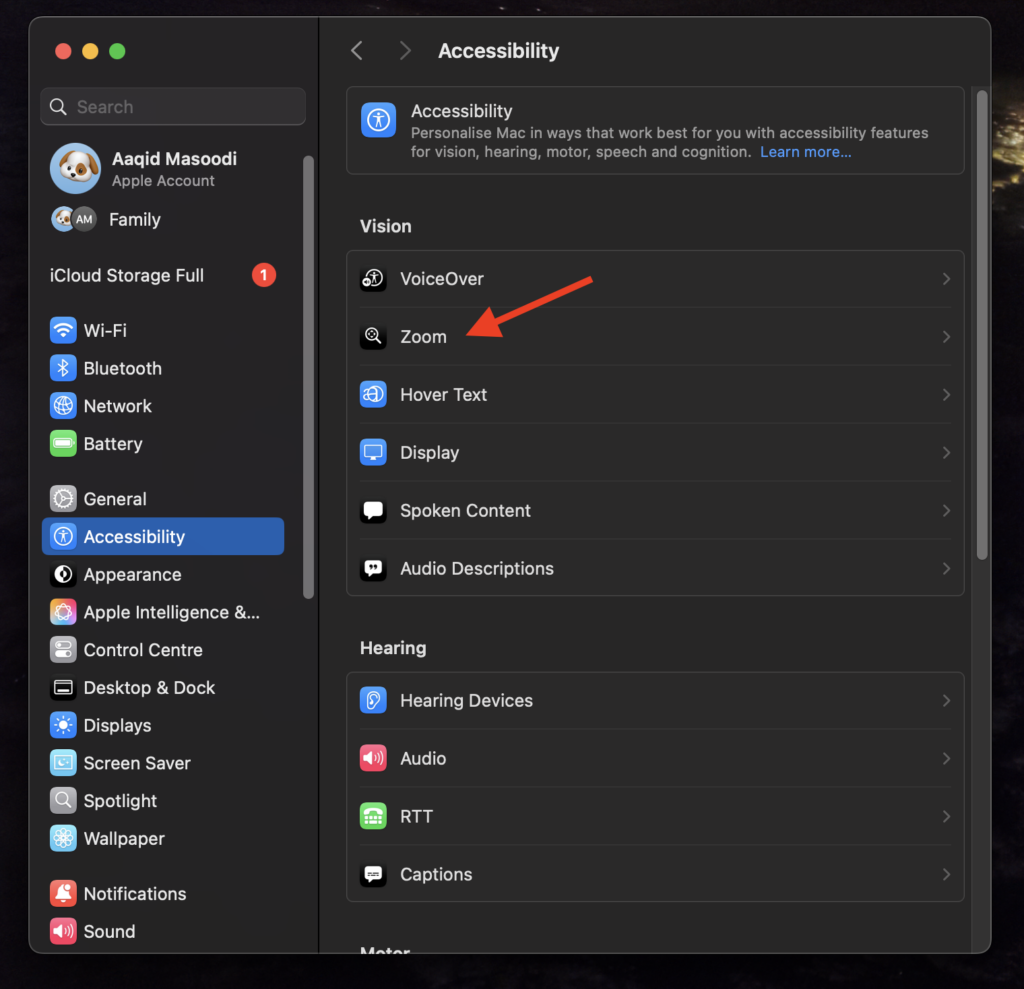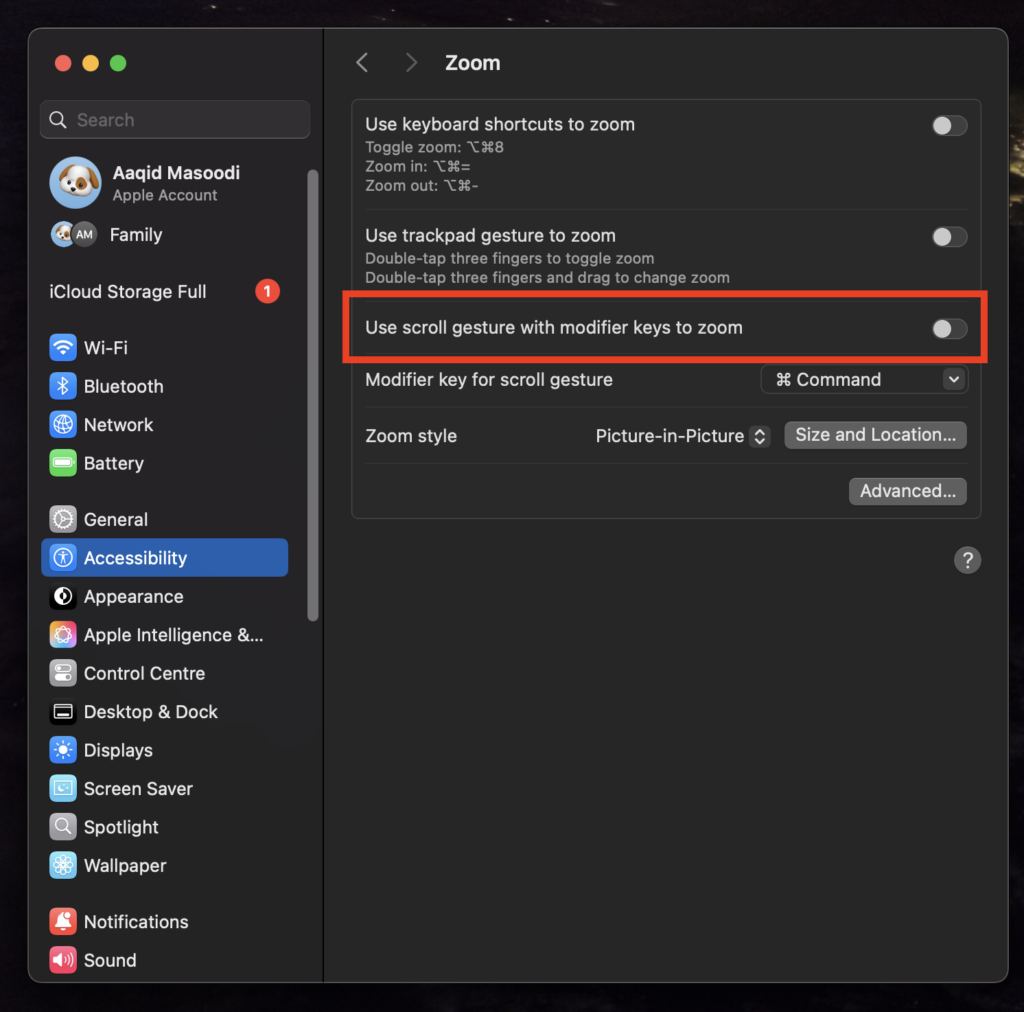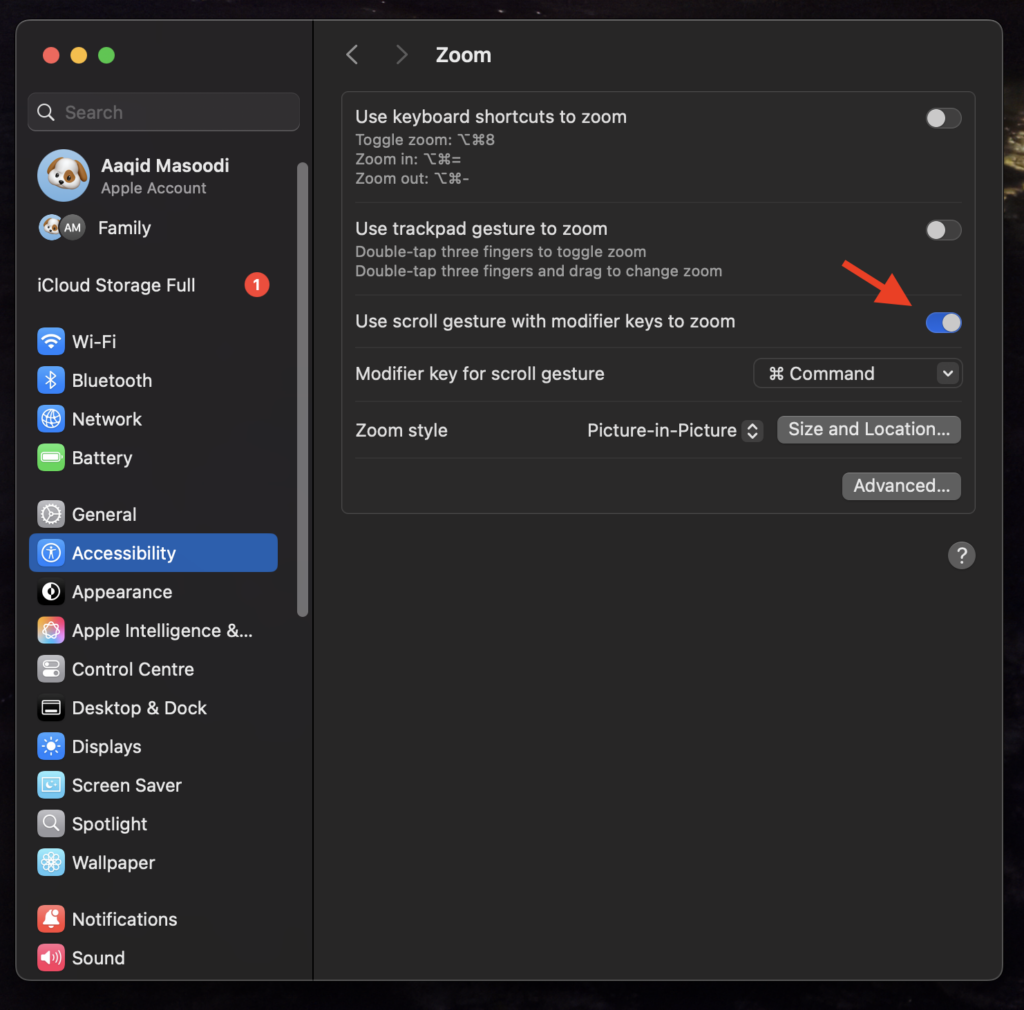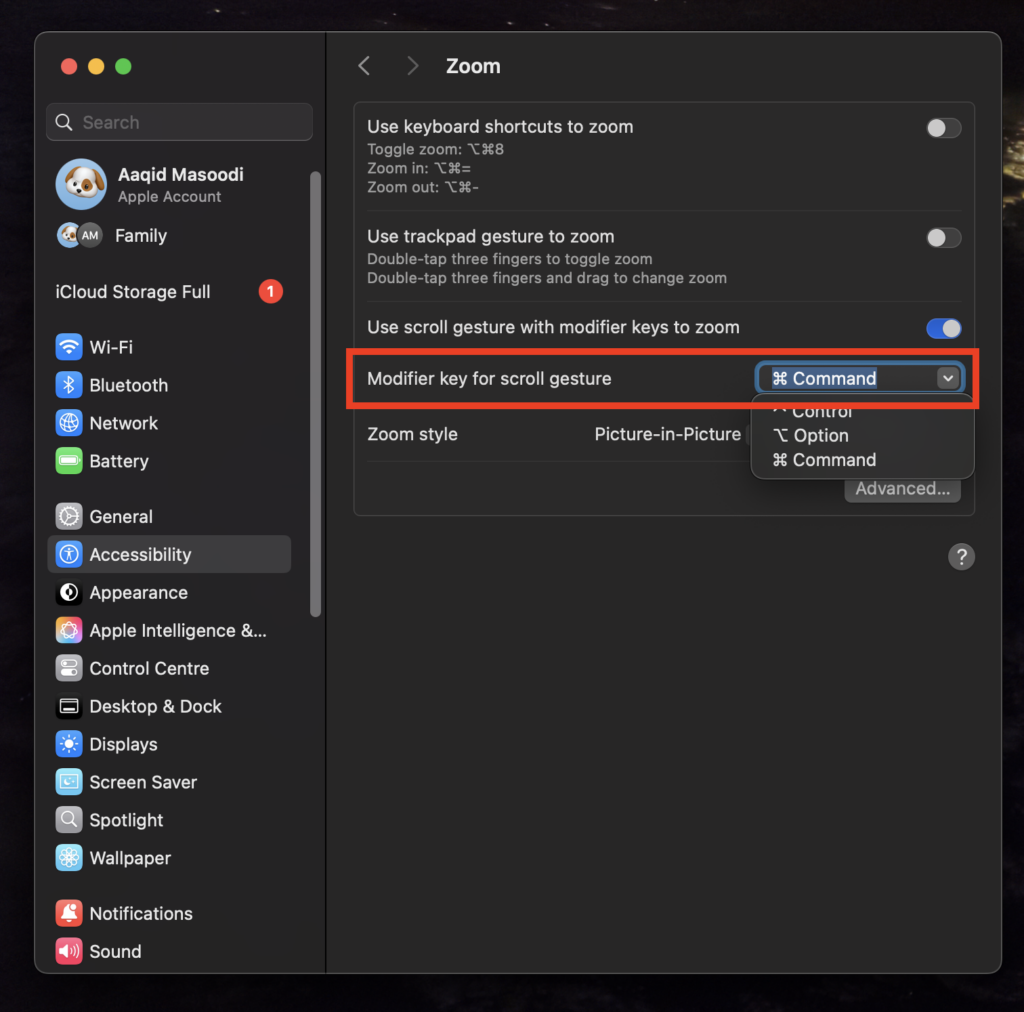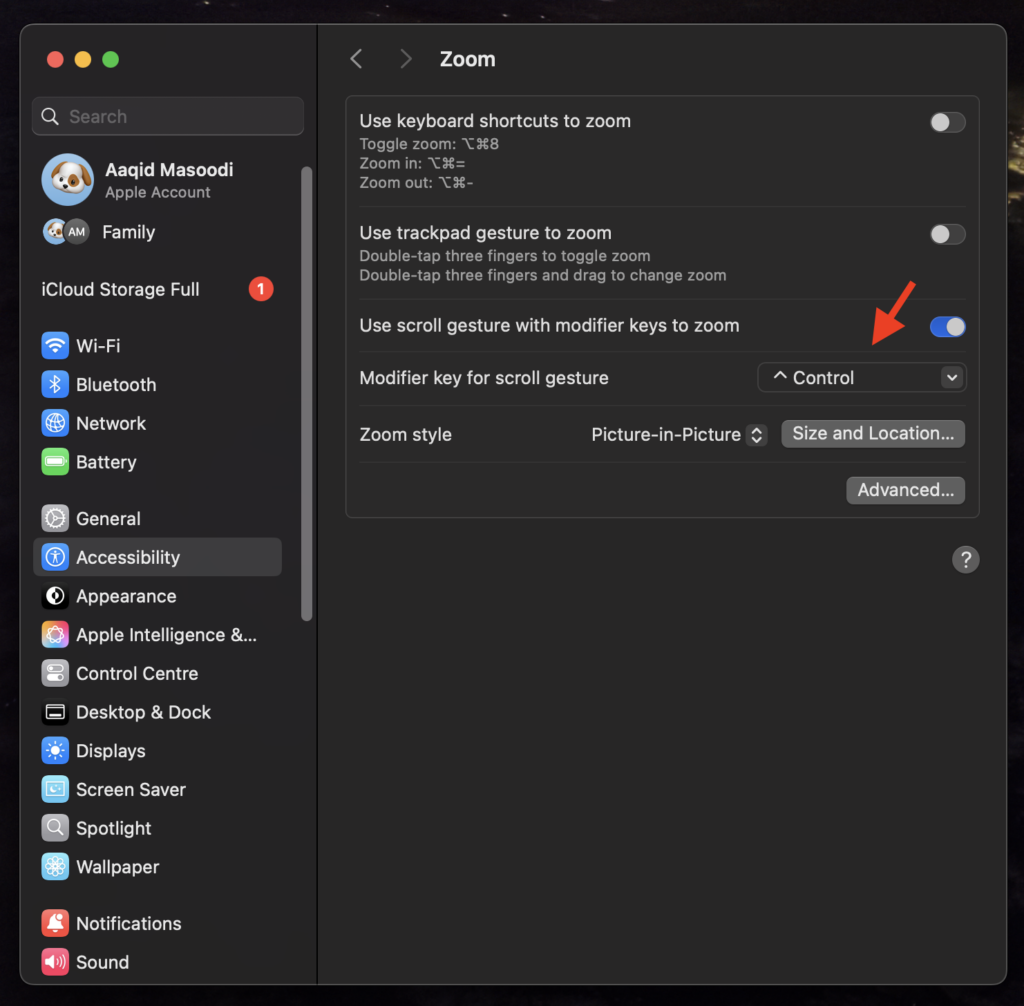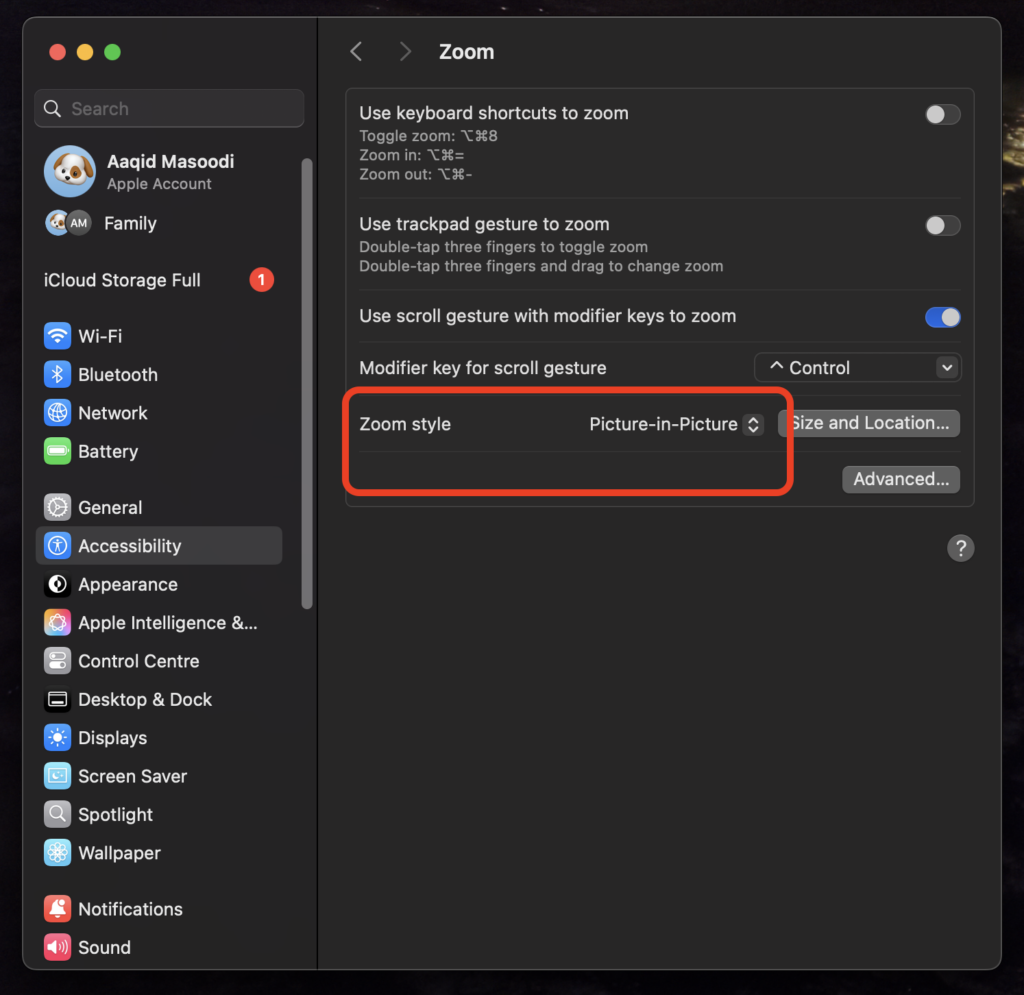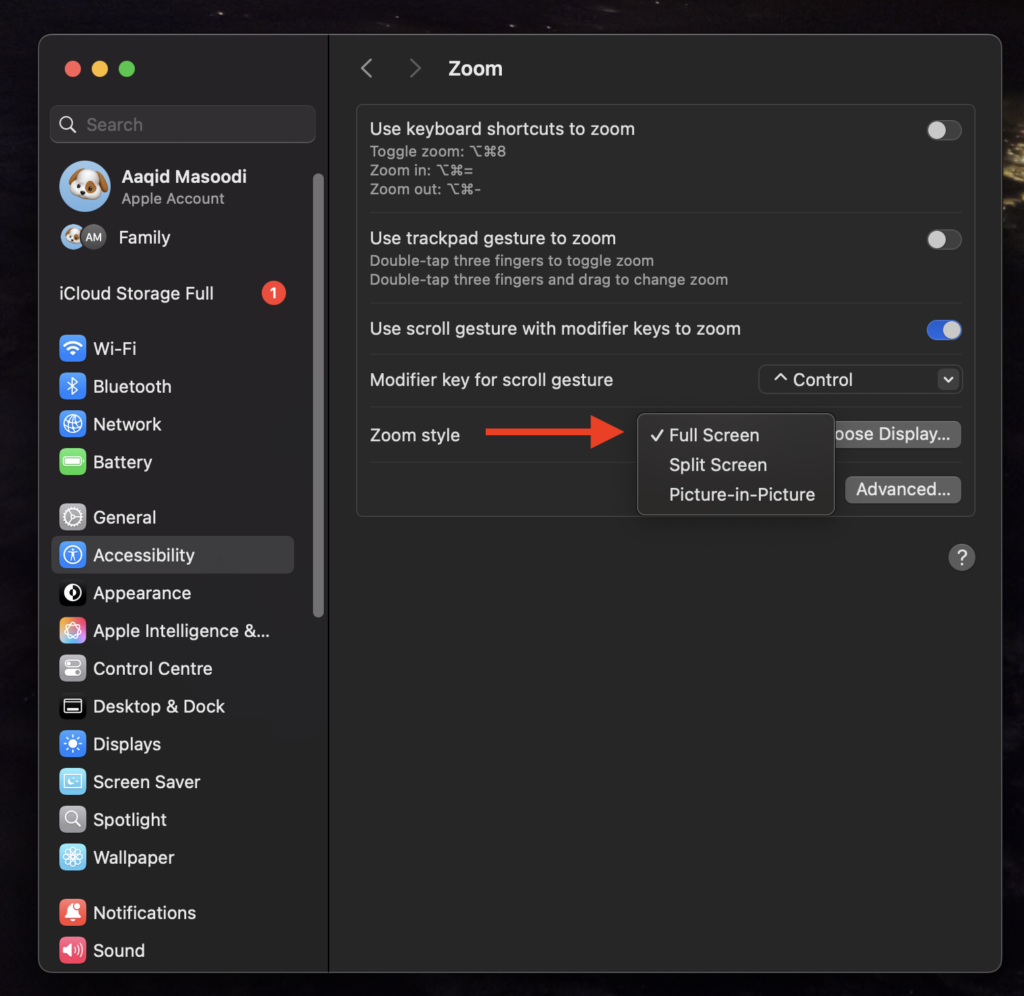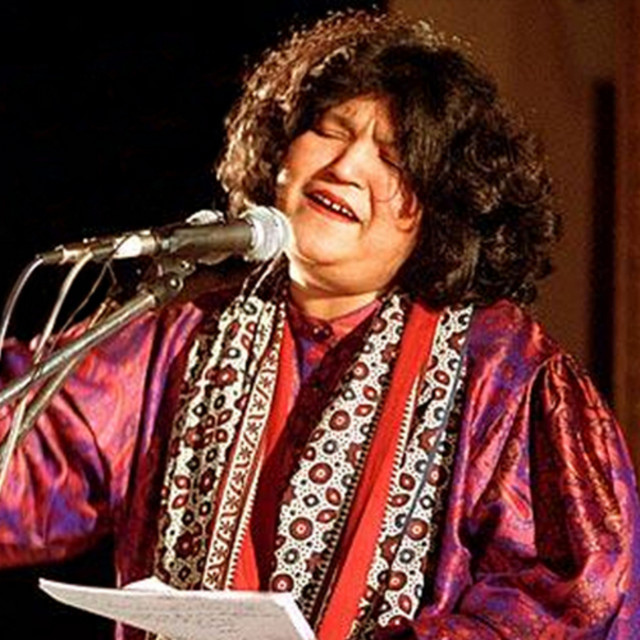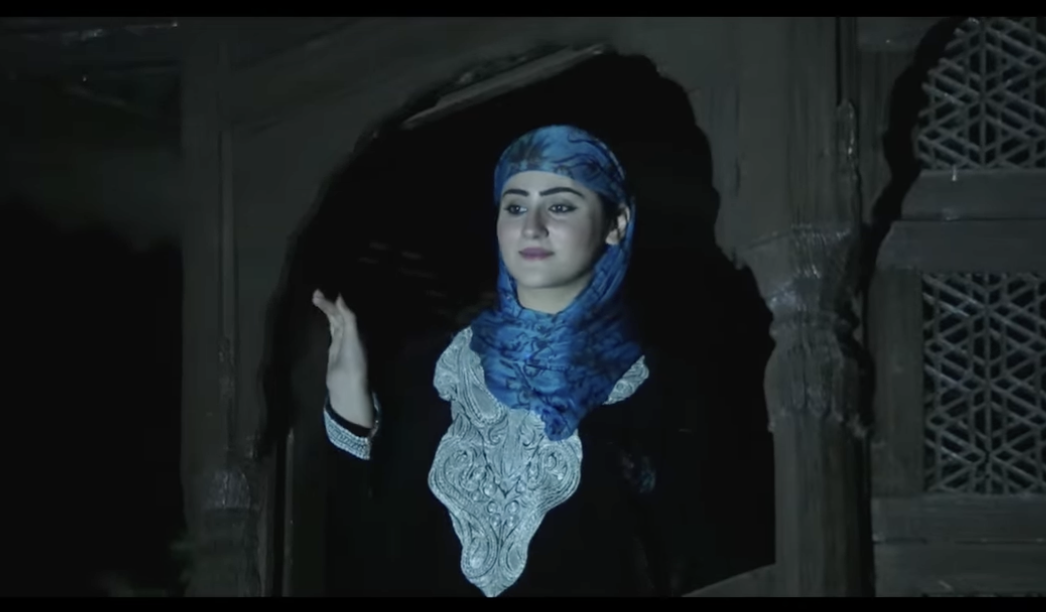(music)
Ye laal Ishq…Ye malaal ishq
This crimson love… this resentful love
Ye aib ishq…Ye bair ishq
This broken love, this warring love.
Ye laal Ishq…Ye malaal ishq
This crimson love… this resentful love
Ye aib ishq…Ye bair ishq
This broken love, this warring love.
ishq Ishq Ishq
Just love… only love… only love.
tujh saang bair lagaya aisa
I waged a war by loving you
tujh saang bair lagaya aisa
I made war with love for you…
raha na mein phr apne jaisa
And never again was I truly myself.
Oo raha na mein phr apne jaisa
Oh! I ceased to be who I once was.
mera naam ishq
My name is Love..
tera naam ishq
and so is yours…
mera naam ishq
My name is Love…
tera naam ishq
and so is yours…
mera naam ishq, tere naam ishq
My name is Love and so is yours.
mera naam, tera naam mere naam ishq
my name, your name.. both stained with love.
Ye laal Ishq…Ye malaal ishq
This crimson love… this resentful love
Ye aib ishq…Ye bair ishq
This broken love, this warring love.
Ye laal Ishq…Ye malaal ishq
This crimson love… this resentful love
Ye aib ishq Ye bair ishq
This broken love, this warring love.
ishq Ishq Ishq
Just love… only love… only love.
(music)
apna naam badaldun,
Shall I change my name…?
ya tera naam chupalun
or hide away yours…?
ya chordh ke saare aag me be rag utha lun?
Or let it all go and rise from fire with no trace of ash?
bs ik rahe mera kaam ishq
Let love alone be all I do!
mera kaam ishq
Love be my purpose!
mera kaam ishq
Love be my purpose!
mera naam ishq, tere naam ishq
My name is Love, and so is yours.
mera naam, tera naam …mere naam ishq
Your name, my name.. both stained with love.
Ye laal Ishq Ye malaal ishq
This crimson love… this resentful love
Ye aib ishq Ye bair ishq
This broken love, this warring love.
Ye laal Ishq Ye malaal ishq
This crimson love… this resentful love
Ye aib ishq Ye bair ishq
This broken love, this warring love.
(music)
Ye kaali raat jakad loon,
Let me grip this dark night
ye thanda chaand pakad loon
And catch its cold moon…
Oo Ye kaali raat jakad loon,
oh! Let me grip this dark night,
ye thanda chaand pakad loon
And catch its cold moon…
din raat ke bairede dil ka
I’ll turn the course of this heart’s fight,
rukh mod ke mein rakh dun
And set it on a path that feels right.
tujhe sang bair lagaya aisa
In loving you, I wagged a war,
rahana me phr apne jaisa
And I was never myself anymore.
o rahana me phr apne jaisa
Oh I was never myself anymore…
mera naam ishq
My name is love…!
tera naam ishq
and so is yours…
mera naam ishq, tera naam ishq
My name is love and so is yours
mera naam ishq, tera naam ishq
My name is love and so is yours
mera naam, tera naam mera naam ishq
My name is love, and so is yours.two names lost behind one cause.
Ye laal Ishq Ye malaal ishq
This crimson love… this resentful love
Ye aib ishq Ye bair ishq
This broken love, this warring love.
Ye laal Ishq Ye malaal ishq
This crimson love… this resentful love
Ye aib ishq Ye bair ishq
This broken love, this warring love.
Ye laal Ishq Ye malaal ishq
This crimson love… this resentful love
Ye aib ishq Ye bair ishq
This broken love, this warring love.

